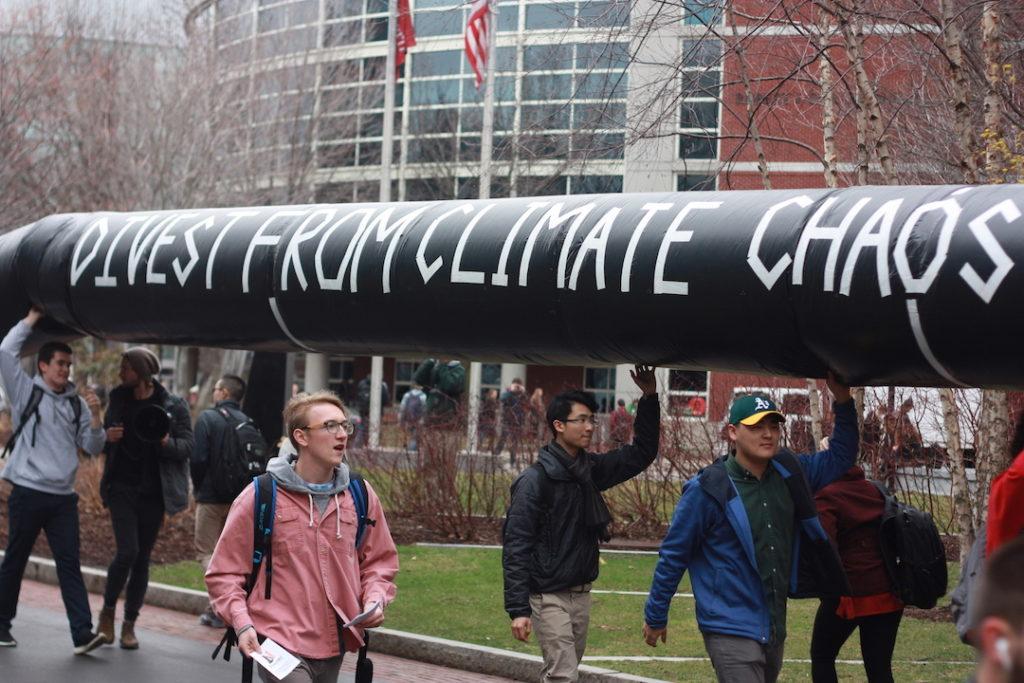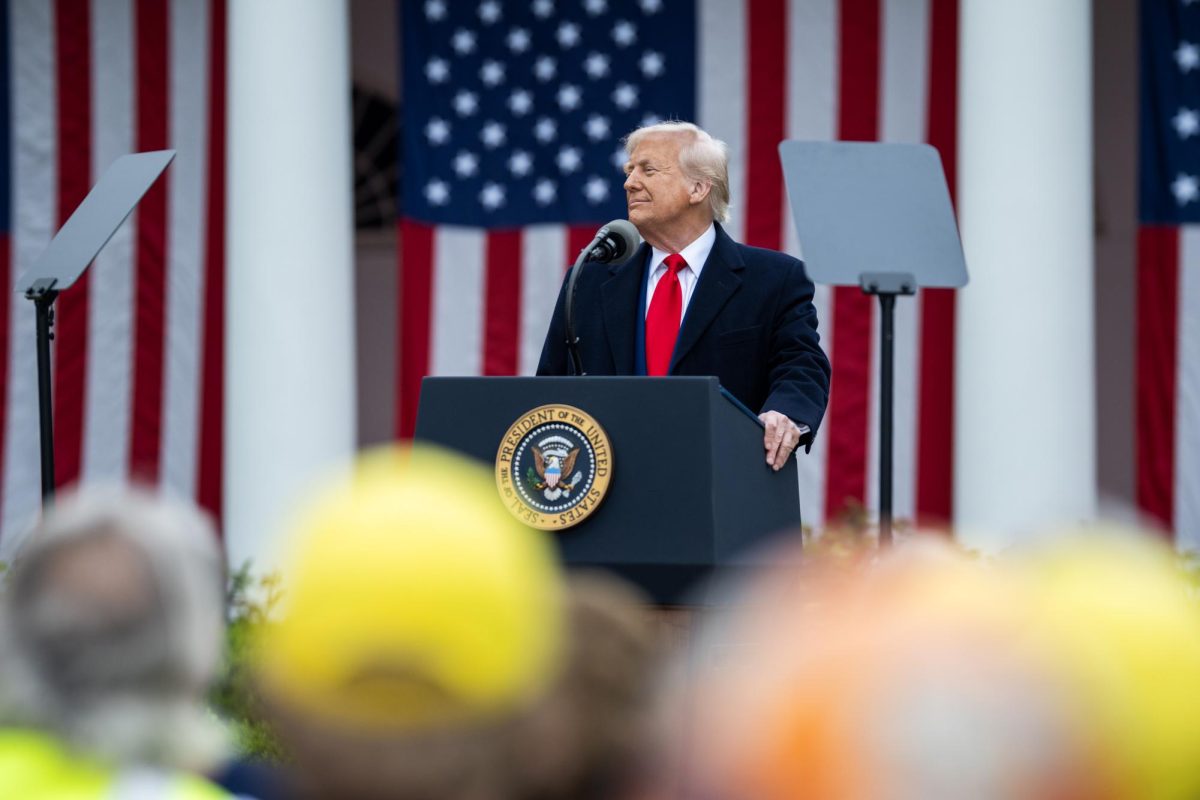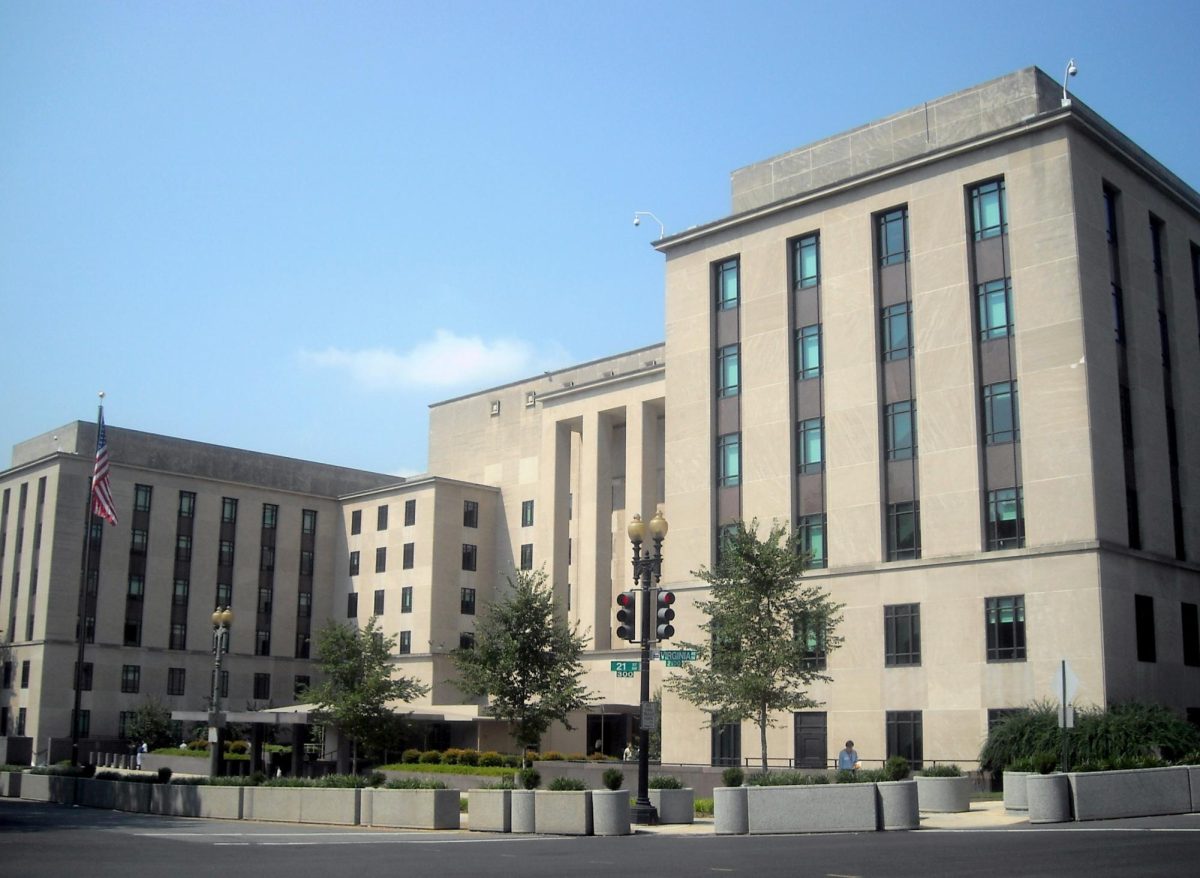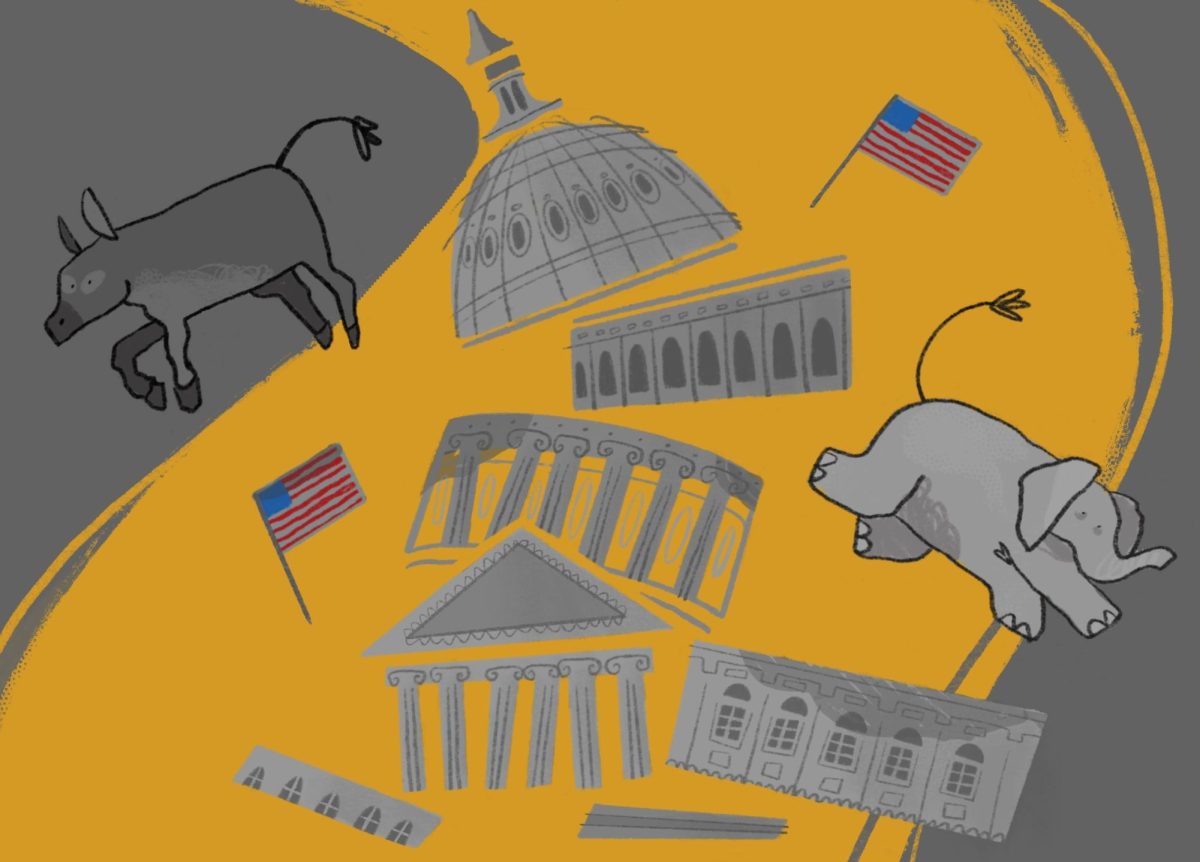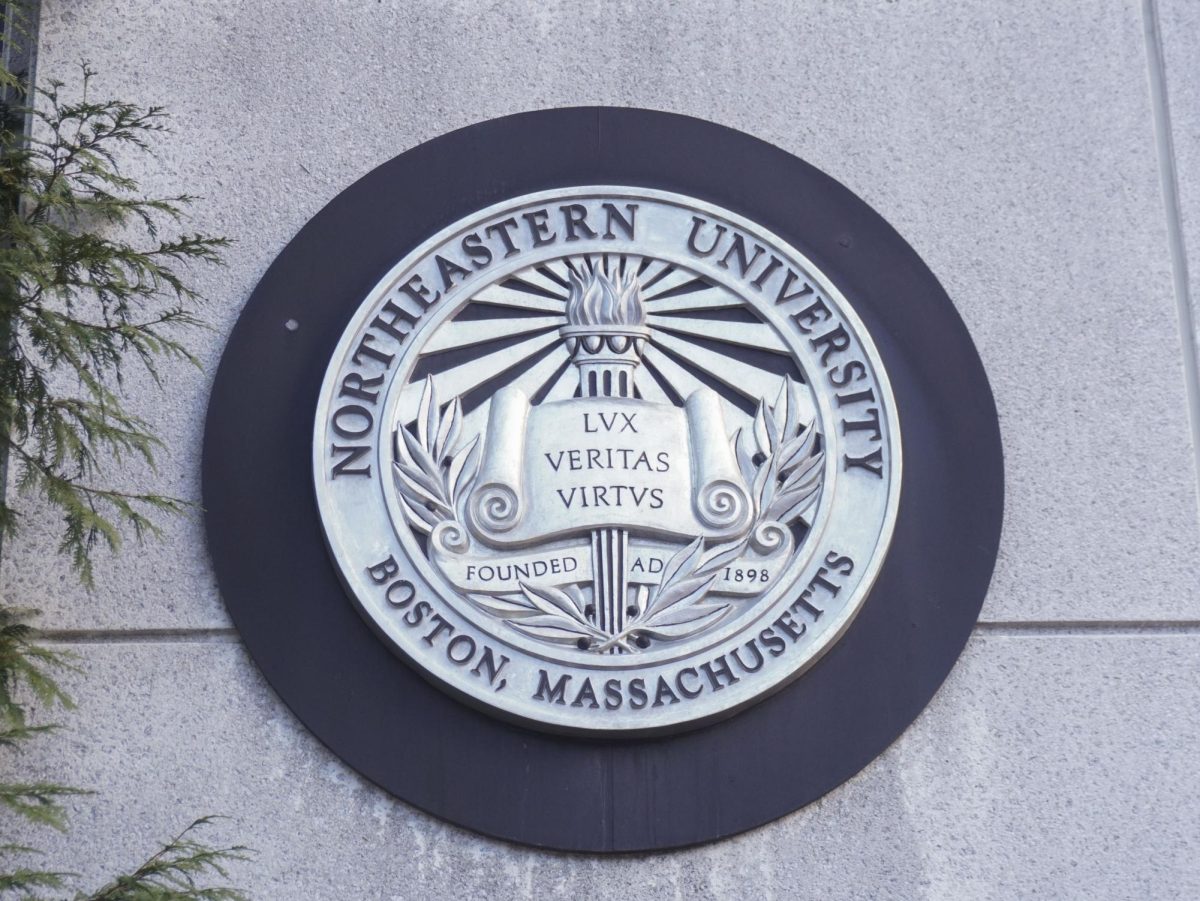Today, DivestNU writes to share important news from our campaign to divest Northeastern University’s endowment from the fossil fuel industry.
Last April, The Office of Student Affairs released a statement acknowledging the results of our student body’s referendum, in which 75 percent of participating students voiced support for divestment, and detailing the work that had been undertaken in collaboration with our campaign. Most notably, the statement outlined a process toward exploring fossil fuel divestment alongside students, faculty and administrators through the Social Impact Council (SIC).
Now, the SIC process is coming to a close. A report has been prepared by its members which recommends divestment as a policy tool to bolster the University’s current commitment toward climate action and sustainability. This is a very significant step, but we believe it is necessary to shift attention toward what comes next.
The process now moves into the hands of the Senior Leadership Team (SLT). The SLT is comprised of seven individuals:
- James C. Bean: Provost, Sr. VP, Academic Affairs
- Philomena Mantella: Sr. VP, CEO NU Global Network
- Michael Armini: Sr. VP External Affairs
- Thomas Nedell: Sr. VP, Treasurer
- Ralph Martin: Sr. VP, General Counsel
- Diane MacGillivray: Sr. VP, University Advancement
- James R. Hackney: Chief of Staff, Senior Strategy Advisor
- Joseph E. Aoun: President
It is now directly up to the discretion of these seven individuals to determine how our University will proceed on this issue- including whether or not a discussion of fossil fuel divestment moves to the Board of Trustees for consideration and, ultimately, a vote.
It is now time for the SLT to commit to next steps alongside our campaign. We don’t ask for or expect an endorsement of divestment as a policy decision at this stage. Instead, what we ask for is much simpler: for the SLT to demonstrate that they respect the substantive nature of the question of fossil fuel divestment by committing publicly to a process of engagement toward the Board of Trustees.
Our specific asks of the SLT are as follows:
1. We are calling for a specific timeline of engagement with the Board of Trustees, which we believe is critical to ensure that this process remains transparent and accountable to all university stakeholders. We propose the following timeline:
- At the May 2016 meeting, a notice of the SIC’s recommendation on divestment should be appear on the Board’s agenda, initiating the process. We further ask the SLT to arrange an informal discussion between members of the Board and our campaign in order to better understand their concerns and interests in the pursuit of mutually agreeable outcomes.
- At the September 2016 meeting, a minimum time of one hour should be allocated on the Board’s agenda to discussion of the SIC recommendation and divestment as a policy option.
- At the March 2017 meeting, the Board should take a formal vote on SIC’s recommendation to divest from fossil fuels.
- To ensure that a mutually beneficial process takes place we wish to establish a specific point of contact with the SLT, who would oversee the implementation of these asks and future correspondence with our campaign. It important that this process remains accountable and allows for effective communication between all stakeholders in which concerns are taken seriously. We recommend that James Hackney, Chief of Staff, fulfill this role.
—
“We are now faced with the fact that tomorrow is today. We are confronted with the fierce urgency of now. In this unfolding conundrum of life and history, there “is” such a thing as being too late. This is no time for apathy or complacency. This is a time for vigorous and positive action.”
Dr. Martin Luther King Jr. spoke those words in 1963. Their applicability today, to the situation in which we find ourselves in, is striking.
What motivates our campaign to fight for fossil fuel divestment is an understanding of the immediacy and scale of the climate crisis. Unlike so many issues of public policy, this is not simply an issue of one group’s preferences against another’s. As Bill McKibben recently stated, it is people against physics, and physics just keeps on doing what it does.
It is this grounding, in the biophysical realities of climate change and of moral opposition to the unjust distribution of its impacts, which informs our activism and compels us to take a stand. 80 percent of known fossil fuel reserves must remain in the ground if we are to limit warming to 2°C, the internationally agreed upon red line. There is simply no alternative path commensurate with a stable and just future- with a world worth living.
Today we are calling upon our University’s leadership to lead with us, and we request a response by April 18th. We do so with the understanding that without their leadership our campaign will be compelled to take the decision-making process into its own hands.
-DivestNU


